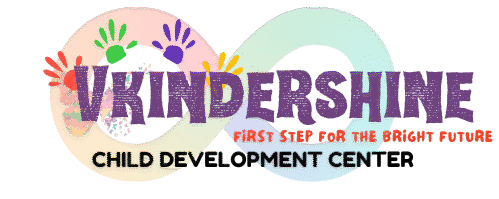The program is designed to prepare children for transitions and new environments, with a focus on developing academic, social, emotional, and physical skills.

Program Objectives:
program structure:
- Small group or 1:1 settings with high adult-to-child ratios
- Individualized Education Plans (IEPs) tailored to each child’s needs
- Multidisciplinary approach incorporating:
- Therapies
- Occupational Therapy (OT) to develop fine motor and sensory integration skills.
- Speech and Language Therapy (SALT) to enhance communication.
- Applied Behavior Analysis (ABA) to promote positive behaviors.
The School Readiness Program is designed to prepare children for a successful transition to mainstream classrooms. The program focuses on developing essential skills in four key areas:
1. Social Skills Development
2. Communication Skills
3. Daily Living Skills
4. Transition Support
By focusing on these key components, the School Readiness Program aims to equip children with the necessary skills and confidence to thrive in a mainstream classroom setting.
Our School Readiness Program is designed to provide children with a strong foundation for academic success and social growth. The program offers a comprehensive approach to early childhood education, focusing on both academic and social benefits.
Academic Benefits
- Improved Academic Skills: Develop foundational skills like literacy, numeracy, and problem-solving.
- Better School Adjustment: Ease the transition to mainstream classrooms and reduce anxiety.
- Increased Confidence: Build self-esteem through achievable goals and positive reinforcement.
Social Benefits
- Enhanced Social Interactions: Learn to interact with peers, develop friendships, and navigate social situations.
- Emotional Regulation: Develop strategies to manage emotions, reducing meltdowns and anxiety.
- Improved Communication: Enhance verbal and non-verbal communication skills.
Emotional and Behavioral Benefits
- Reduced anxiety and stress through gradual exposure to new environments and routines
- Increased independence by developing self-care and self-management skills
- Positive behavior support to encourage positive behaviors and reduce challenging ones
Long-term Benefits
- Improved educational outcomes, better equipping children to succeed in mainstream education,
- Increased opportunities for social, emotional, and academic growth,
- A supportive network of educators, therapists, and peers to build relationships.
Parental Benefits:
- Support and Guidance: Access to expert advice, resources, and support networks.
- Increased Understanding: Gaining insight into their child’s strengths, needs, and potential.
- Empowerment: Equipping parents with strategies to support their child’s development.

